
 Implementing agency: Petre Shotadze Tbilisi Medical Academy and Alliance for Better Mental Health
Implementing agency: Petre Shotadze Tbilisi Medical Academy and Alliance for Better Mental Health
Project duration: 6 months
Background Information and Problem Statement
From 2017 to 2019 a budget for the state program for mental health had increased by eight million GEL. 70 per cent of the beefed-up budget was distributed among outpatient services to provide funding for mental health outpatient facilities and community based mobile groups.
A three million GEL increase in the budget is anticipated for 2020. This trend also increases responsibility of individuals and organizations working on the development of mental health system.
In this light it is critical that the increase in the budget lead to improved delivery of mental health services and allocation of financial services respond to needs of the communities.
Assessment of progress achieved as a result of the increased financial resources for 2017-2019 is critical for future development. The assessment will allow identification of challenges which are likely to hamper successful delivery of services against the backdrop of the availability of greater funding and develop effective responses to resolve problems.
The goal and objectives of the project. The project aims to assess the effectiveness of community outpatient services and mobile groups, and prepare a service development strategy based on findings of the assessment.
The project has the following objectives:
- Assess the quality and capacity of all community based mental health services (17) in the territory of Georgia
- Assess the quality and capacity of community based mobile groups (26 groups) working in various regions of Georgia
- Identify basic needs for more effective outpatient services
Result of the research: The findings of the research will be processed statistically and analysed to help develop informed recommendations for more effective outpatient service delivery.
Methodology: The research project will cover the whole territory of Georgia to assess the quality and capacity of community based mental health outpatient facilities and community based mobile groups.
Both qualitative and quantitative research methods will be used to assess the quality and capacity of outpatient mental health services.
As part of qualitative research focus group discussions will be conducted with staff of all outpatient mental health facilities (17) and members of mobile groups (26 focus group discussions).
Structural interviews will be conducted with persons with mental health problem, their family members and specialists involved in mental health service provision.
Standardized and approved assessment questionnaires will be used for the data collection purpose: http://teenmentalhealth.org/


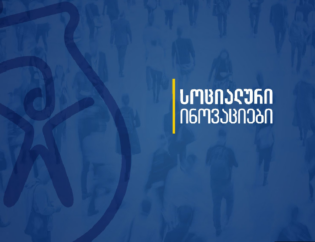

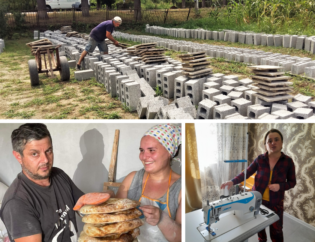


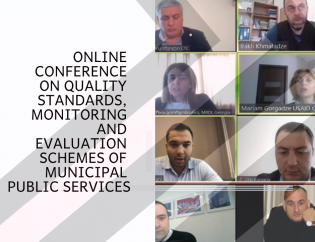

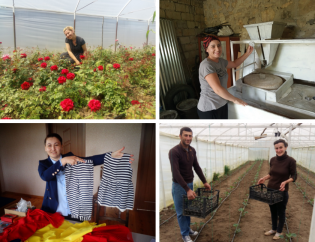
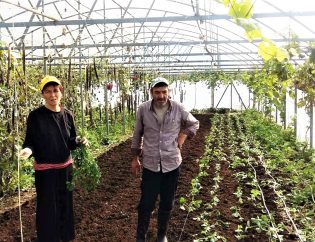
You must be logged in to post a comment.